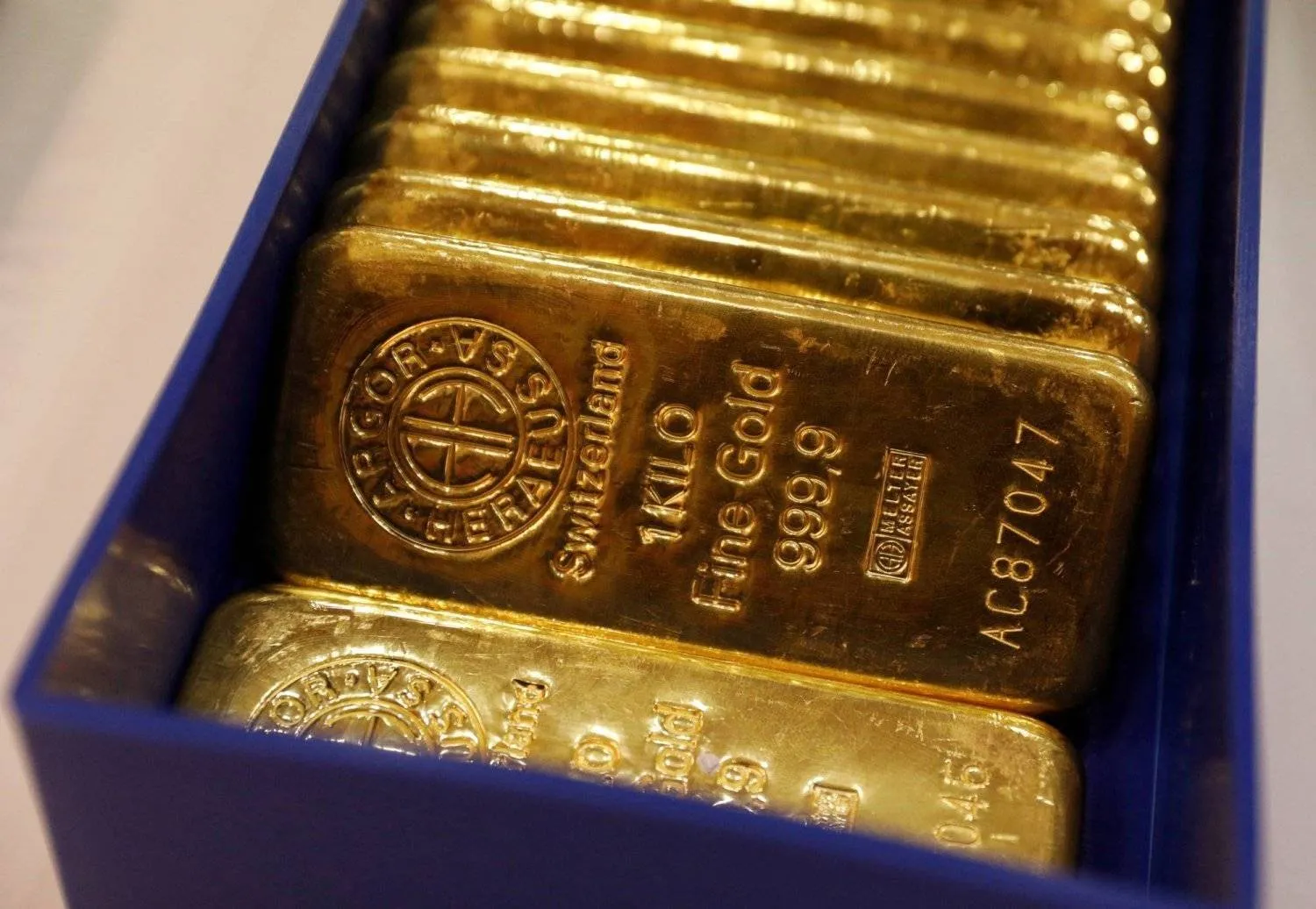After ripping higher for much of this year, the price of gold has suddenly become not so golden since Donald Trump's victory in the presidential election.
Gold fell more than 4% in the four days since Election Day, when the broad US stock market climbed nearly 4%. That's even though investors are expecting a Trump White House to drive tax rates lower and tariffs higher. Such a combination could push the US government's debt and inflation higher, which are both things that can help gold's price.
That's left gold at $2,618 per ounce, as of late Monday, down from a record of roughly $2,800 set late last month. It also means gold has lost some luster as the best performing investments of the year. The largest exchange-traded fund that tracks the price of gold has seen its gain for 2024 drop back below 27% from nearly 35% a couple weeks earlier.
What's going on? Part of the decline has coincided with the strengthening of the US dollar against other major currencies. Tariffs and trade wars instigated by the United States could push down the value of the euro and other countries' currencies, and a strong US dollar makes it more expensive for buyers using those other currencies to purchase gold.
Trump's preference for lower taxes and higher tariffs is also forcing Wall Street to ratchet back expectations for how many cuts to interest rates the Federal Reserve will deliver next year. Fewer rate cuts would mean Treasury bonds pay more in interest than previously expected, and that in turn could hurt gold's price. Gold, which pays its owners zero dividends or income, can look less attractive when bonds are paying more.
Gold, of course, still has its reputation for offering a safer place for investors when things are shaky around the world. Whether it's been because of wars or political strife, investors often flock to gold when they're not feeling confident about other investments. And with wars still raging in the Middle East, Ukraine and elsewhere, while political tensions still seem as high as ever, gold will likely stay in many investors' portfolios.
“Gold continues to be the safe haven asset class of choice for both investors and central banks,” according to money managers at Robeco, which handles investments for big institutional investors.
Gold is Suddenly Not So Glittery after Trump's White House Victory

FILE PHOTO: Gold bullions are displayed at GoldSilver Central's office in Singapore June 19, 2017. REUTERS/Edgar Su/File Photo

Gold is Suddenly Not So Glittery after Trump's White House Victory

FILE PHOTO: Gold bullions are displayed at GoldSilver Central's office in Singapore June 19, 2017. REUTERS/Edgar Su/File Photo
لم تشترك بعد
انشئ حساباً خاصاً بك لتحصل على أخبار مخصصة لك ولتتمتع بخاصية حفظ المقالات وتتلقى نشراتنا البريدية المتنوعة







